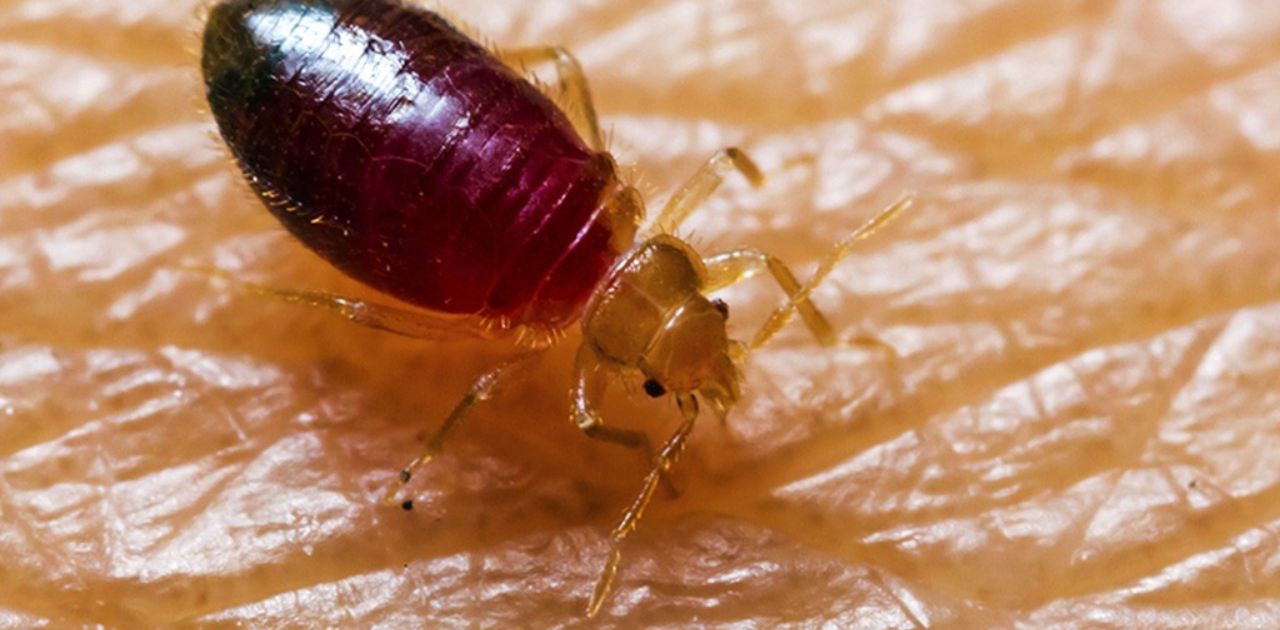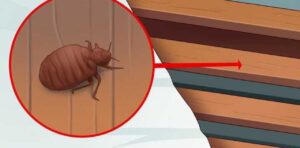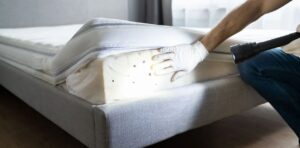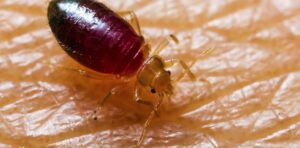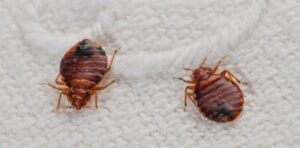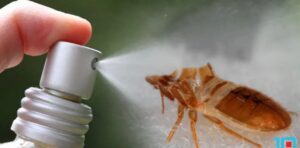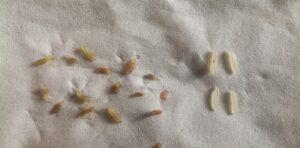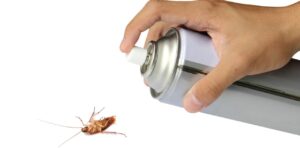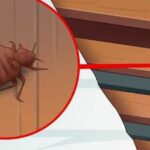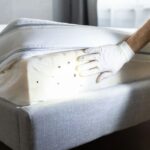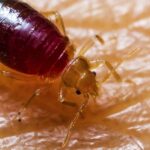The quest for natural bed bug remedies has sparked interest in tea tree oil’s efficacy against these resilient pests. Does tea tree oil get rid of bed bugs? is a question that has garnered attention among those seeking alternative solutions for bed bug infestations.
Tea tree oil, renowned for its antimicrobial and insecticidal properties, has emerged as a potential contender for combating bed bugs. This natural essential oil, extracted from the leaves of the Melaleuca alternifolia tree, contains compounds believed to disrupt bed bugs’ nervous systems and repel them.
Research and anecdotal evidence suggest that tea tree oil, when used properly and in conjunction with other control measures, may show promise in reducing bed bug populations. Understanding its effectiveness, application methods, and limitations is essential for those exploring natural remedies in the battle against bed bugs.
Unveiling Tea Tree Oil: Potential for Bed Bug Eradication
Unveiling tea tree oil’s potential for bed bug eradication reveals a promising natural alternative in pest management. While studies showcase its efficacy against bed bugs, it’s crucial to weigh its limitations and application methods.
Tea tree oil, with its natural properties, demonstrates promise in repelling and even eliminating bed bugs. The evidence suggests its potency in disrupting bed bug activities, hindering their reproduction and deterring their presence. However, its effectiveness might vary based on factors like concentration, application, and infestation severity.
Integrating tea tree oil into a comprehensive pest control strategy shows promise in reducing bed bug populations and preventing infestations. Continued research and careful application hold the key to unlocking tea tree oil’s full potential in combating bed bugs in a safer, eco-friendly manner.
Efficacy of Tea Tree Oil Against Bed Bugs: Research Insights
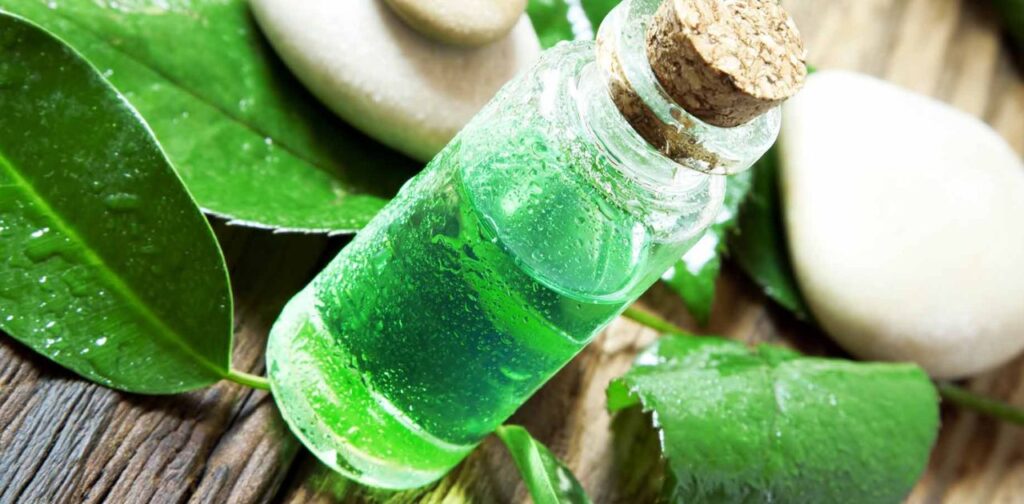
The research insights into the efficacy of tea tree oil against bed bugs underscore its promising potential in pest management. Scientific studies reveal its effectiveness as a natural repellent and insecticide, showcasing its ability to disrupt bed bugs’ lifecycle and deter their activity.
While findings indicate tea tree oil’s promise in combating bed bugs, it’s essential to acknowledge the need for further research to solidify its role in comprehensive pest control strategies. Understanding these research insights empowers individuals seeking natural alternatives to traditional insecticides.
Incorporating tea tree oil into bed bug control methods aligns with environmentally friendly approaches, offering a promising avenue for those exploring safe and sustainable solutions for managing bed bug infestations.
Examining Scientific Studies and Findings on Bed Bug Elimination
Researching bed bug characteristics sheds light on their appearance, aiding in identification. This exploration helps answer the question, Do bed bugs look like lint? Understanding distinctions is crucial for effective pest management. Scientific studies suggest tea tree oil’s potential in combating bed bugs, yet varying concentrations and individual reactions warrant careful consideration when utilizing this natural remedy.
Scientific scrutiny emphasizes its promise as part of an integrated approach to combating bed bug infestations. As studies evolve, ongoing examination and understanding of the efficacy, limitations, and best practices involving tea tree oil for bed bug elimination remain crucial for informed and effective pest management strategies.
Application and Usage of Tea Tree Oil for Bed Bug Control
In the discussion on the application and usage of tea tree oil for bed bug control, its potential as a natural remedy is evident. Integrating tea tree oil into bed bug control strategies requires careful application and understanding of its limitations. Dilution and proper handling are crucial to maximize its effectiveness without causing harm.
While tea tree oil presents a promising alternative for combating bed bugs, its efficacy might vary based on infestation severity. Combining it with other proven methods or seeking professional pest control assistance could yield better results. Acknowledging its role as a repellent and insecticide, incorporating tea tree oil cautiously and in conjunction with comprehensive bed bug management practices can contribute to a more holistic approach to pest control.
Guidelines for Utilizing Tea Tree Oil in Bed Bug Infestations
When employing tea tree oil against bed bug infestations, adhering to specific guidelines is crucial. Dilute the oil with a carrier substance like water or coconut oil, maintaining a concentration that is safe for application. Use a spray bottle to apply the diluted solution to infested areas, focusing on potential hiding spots for bed bugs.
Ensure thorough coverage while allowing the treated areas to dry completely. Reapply the solution regularly to maintain its efficacy. However, exercise caution, as undiluted or excessive application of tea tree oil may cause skin irritation or allergies. Consulting a professional for precise guidelines and considering alternative treatments alongside tea tree oil can optimize its effectiveness in managing bed bug infestations.
Comparing Tea Tree Oil with Traditional Bed Bug Treatments
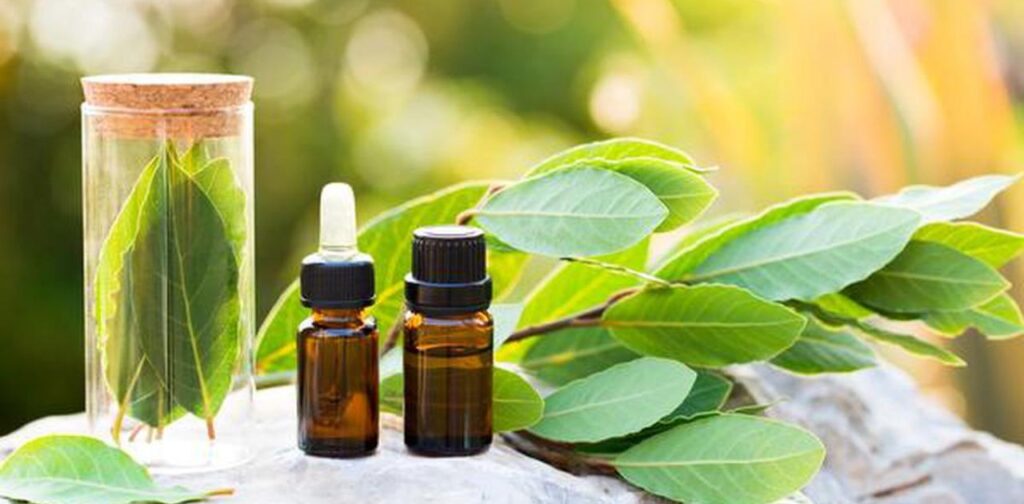
When comparing tea tree oil with conventional bed bug treatments, distinct differences surface. Traditional methods like pesticides offer immediate and potent extermination but often come with potential health risks and environmental concerns.
On the other hand, tea tree oil, known for its natural properties, showcases effectiveness against bed bugs without harmful side effects. While traditional treatments might deliver swift results, they may require multiple applications and involve chemicals that bed bugs could develop resistance to over time.
Tea tree oil, though gradual in action, offers a safer, eco-friendly alternative, targeting bed bugs while preserving indoor environments. This comparison underscores the efficacy and sustainability of tea tree oil as a bed bug treatment, presenting a compelling natural option amidst traditional choices.
Tips and Best Practices: Maximizing Tea Tree Oil’s Bed Bug Removal
Maximizing tea tree oil’s efficacy in bed bug removal involves strategic implementation and adherence to best practices. Start by diluting tea tree oil with a carrier oil like coconut or olive oil to avoid skin irritation. Focus on target areas frequented by bed bugs, such as seams, cracks, and crevices.
Apply the diluted solution directly or through a spray bottle for better coverage. Enhance the effectiveness by combining tea tree oil with other natural remedies like lavender or peppermint oils known for their insect-repelling properties. Regularly reapply the solution to maintain its potency.
Adequate ventilation and allowing treated areas to dry thoroughly post-application are crucial. Consistency in application and attention to detail in treatment application significantly maximize tea tree oil’s potential in effectively eliminating bed bugs from your space.
Potential Drawbacks of Using Tea Tree Oil for Bed Bugs
While tea tree oil holds promise in bed bug control, certain drawbacks merit consideration. Its potency might vary among different bed bug strains, leading to varying efficacy levels. The strong scent of tea tree oil, although pleasant to humans, could deter some bed bugs initially, but prolonged exposure might acclimate them, reducing its impact over time.
Another aspect is its slow-acting nature; tea tree oil might take longer to eradicate bed bugs compared to chemical insecticides. Additionally, in concentrated forms, tea tree oil may cause skin irritation or allergic reactions in some individuals, necessitating caution during application. These limitations highlight the need for a comprehensive approach, combining various bed bug control methods for a more effective eradication strategy.
Conclusion
The effectiveness of tea tree oil in bed bug eradication remains a subject of interest and ongoing study. While some evidence suggests its potential as a natural remedy against bed bugs, its efficacy may vary. Incorporating tea tree oil into bed bug control strategies warrants cautious consideration.
While it’s touted for its insecticidal properties and ability to disrupt bed bug activity, it might not entirely eradicate an infestation on its own. To effectively eliminate bed bugs, a comprehensive approach involving professional intervention, thorough cleaning, vacuuming, and possibly combining various treatment methods is advisable.
Tea tree oil can be part of a holistic plan, serving as a supplementary tool in the battle against bed bugs. Its use requires diligence, patience, and possibly the combination of multiple solutions for a more robust and successful bed bug eradication strategy.

